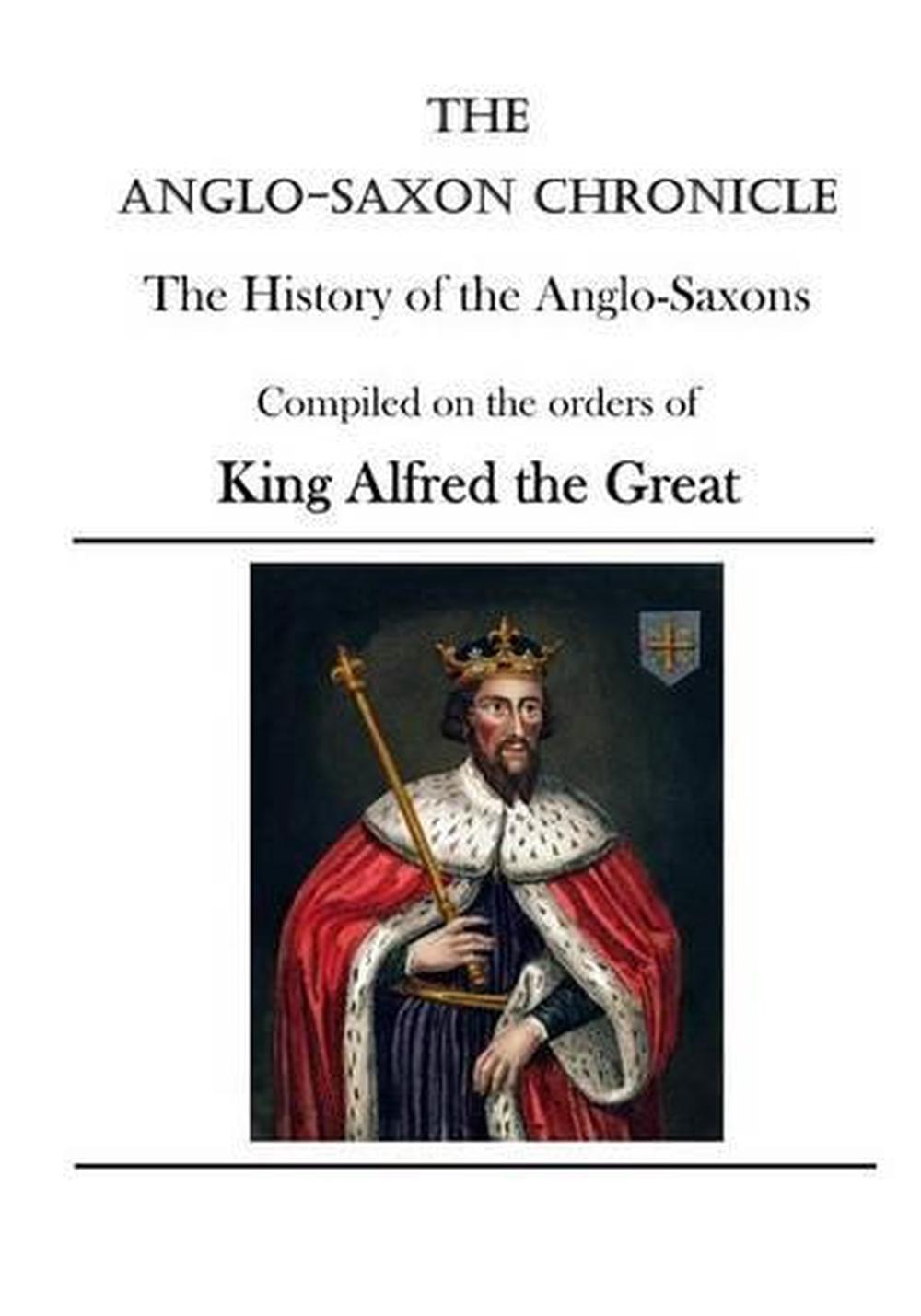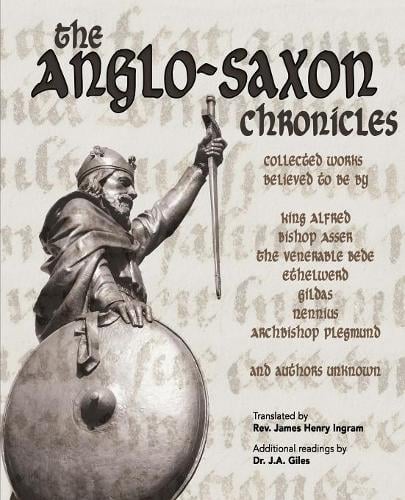
 This was a great age of record keeping. Both had to prove and establish their legacy. In so as much as it was desperately important for the monasteries to record their own history, in particular the Benedictine monasteries, who were under threat from their new lords, so too it was important for England’s new Norman rulers. Secondly, they were compulsive compilers of data, so, recording events in a chronological order and compiling their own story must have been compelling. Let us consider the Normans nobles, firstly they were the invading and therefore the Chronicle became the Anglo- Norman chronicler’s principal source for Anglo-Saxon history. Opening page from the Peterborough Chronicle But how did the writing of the Chronicles survive the Norman invasion when the English language was no longer the language of literate people, the learned language was Latin, the language of the nobility was Norman French? The reason for them continuing with the Chronicles is open to conjecture but they did include in the Chronicle, a lot of their own history, about their monastery and their locality. King Alfred’s initial idea of a national chronicle, which would be continued annually, from generation to generation and from century to century, was adhered to by the Benedictine monks. They would then copy these into the Chronicle whilst at the same time adding their own content. What is completely fascinating though is that installments to be added to the Chronicle were sent out, to the churches and monasteries, from a central distribution point. In this way therefore the evolution of the Chronicles becomes more convoluted as rather than being a homogeneous document, each monastery would write its own version of events. The Chronicle was sent out, probably from the Winchester Scriptorium, to the principle churches and monasteries of England and once in their hands, they added to the Chronicle every year. The Anglo Saxon Chronicles told the story of England, all be it written from a perspective of the Wessex dynasty. It was begun in 892, with King Alfred influencing its production probably as part of his desire to raise literacy standards amongst those clerics whose lack of Latin and learning, he found totally unacceptable.
This was a great age of record keeping. Both had to prove and establish their legacy. In so as much as it was desperately important for the monasteries to record their own history, in particular the Benedictine monasteries, who were under threat from their new lords, so too it was important for England’s new Norman rulers. Secondly, they were compulsive compilers of data, so, recording events in a chronological order and compiling their own story must have been compelling. Let us consider the Normans nobles, firstly they were the invading and therefore the Chronicle became the Anglo- Norman chronicler’s principal source for Anglo-Saxon history. Opening page from the Peterborough Chronicle But how did the writing of the Chronicles survive the Norman invasion when the English language was no longer the language of literate people, the learned language was Latin, the language of the nobility was Norman French? The reason for them continuing with the Chronicles is open to conjecture but they did include in the Chronicle, a lot of their own history, about their monastery and their locality. King Alfred’s initial idea of a national chronicle, which would be continued annually, from generation to generation and from century to century, was adhered to by the Benedictine monks. They would then copy these into the Chronicle whilst at the same time adding their own content. What is completely fascinating though is that installments to be added to the Chronicle were sent out, to the churches and monasteries, from a central distribution point. In this way therefore the evolution of the Chronicles becomes more convoluted as rather than being a homogeneous document, each monastery would write its own version of events. The Chronicle was sent out, probably from the Winchester Scriptorium, to the principle churches and monasteries of England and once in their hands, they added to the Chronicle every year. The Anglo Saxon Chronicles told the story of England, all be it written from a perspective of the Wessex dynasty. It was begun in 892, with King Alfred influencing its production probably as part of his desire to raise literacy standards amongst those clerics whose lack of Latin and learning, he found totally unacceptable. 
Chronicle writing began with the production of the Anglo-Saxon Chronicle in the reign of King Alfred. Much of what we know and understand about the history of Britain in the Medieval Age is thanks to the chroniclers of the 12th century and 13th century, whose creative skills and aspirations as historical story tellers and recorders, were at their height.






 0 kommentar(er)
0 kommentar(er)
